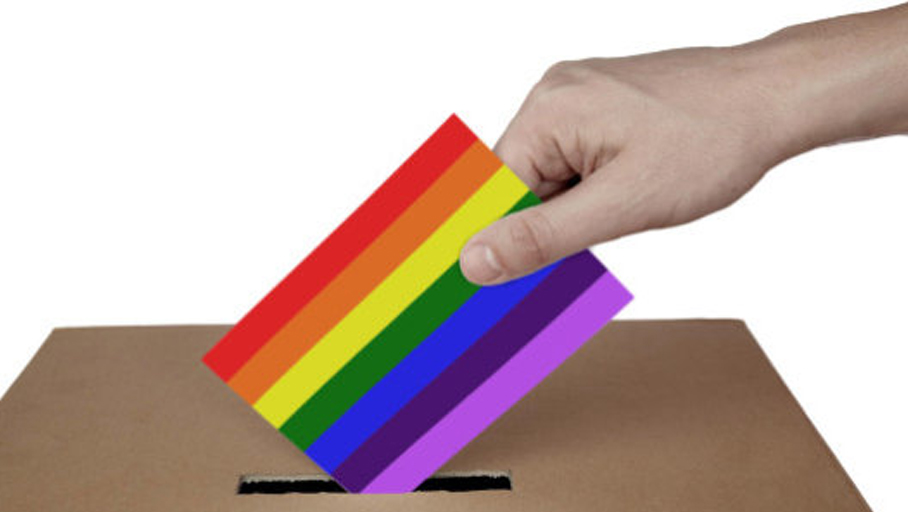There was already an anti-discrimination law for religion, race and ethnicity. Since Sunday, it also applies to LGBT+ people. According to Mathias Reynard, politician for the Swiss Social Democrats, the referendum result sends a " signal which is magnificent for everyone and for anyone who has been a victim of discrimination," Reynard called it "a historic day."
The Pink Cross Switzerland says in a statement: "After the clear yes, the LGBTI community will use this momentum to achieve the consistent implementation of the penal code and to enforce marriage equality.’’
The right-wing populist party SVP successfully launched a signature campaign to call for a referendum on the matter. Under Swiss law, the result of such a referendum is binding.
The SVP campaigned fiercely against the law in the run-up to the referendum. On Swiss television, SVP politician Benjamin Fischer expressed his concerns about freedom of expression in the country. "We don't even know if jokes about gays will be allowed.’’ The politician fears that this will not be allowed anymore after the introduction of the legislation. "We live in a country with freedom of expression, people should be allowed to think and say what they like, even if it's a bit stupid or tasteless." Before the vote, another SVP politician told news agency AFP that the law is "part of an LGBT plan to slowly move towards same-sex marriage and medically assisted reproduction for gay couples.’’ Remarkably, an LGBT+ group also opposed the criminalization of LGBT+ discrimination. The group ‘No to special rights’ express that they do not want to be viewed as a "weak minority".
Several parties who were campaigning against the law say they will be keeping a close eye on the implementation of the law during potential lawsuits.















